Blood in Infants Stool – Causes & Treatments
If you are alarmed by the presence of blood in your baby’s poop, you are not alone. Most parents are startled when they find blood in their baby’s stool, and it’s understandable. However, what seems like blood could be a change in stool color due to a slightly modified diet. However, it is best not to ignore streaks of blood in the baby’s stool and inform your pediatrician immediately. Blood in a baby’s diaper can be particularly concerning and may indicate an underlying issue that needs medical attention. It is always better to be cautious and have a healthcare professional assess the situation to ensure your baby’s well-being. In some cases, the cause might be minor and easily treatable, but early intervention is key to preventing potential complications.
What Does Blood in an Infant’s Stool Look Like?
Blood in your baby’s stool can be identified by several red streaks that seem separated. The baby’s stool may also have tiny stains. You can observe the white lining of the baby’s diaper where it can be easily seen. Remember that it will be distinctly different from the stool colour.
Blood from the rectum or colon is usually bright red and one can see a single streak outside the stool. Blood that is dark brown, black or maroon in colour and seems homogenously mixed with the stool could be oozing from the gastrointestinal tract.
Causes of Blood in Baby’s Poop and Diaper
There are two forms of blood in a newborn’s stool. It could be visible to the naked eye and look like red stains or fecal occult blood that can be detected through chemical analysis or microscopic examination. Bleeding inside the stomach gives the stool a darker appearance since the blood gets digested.
Some of the causes that could lead to blood in your baby’s stool are:
1. Food Allergies
One of the causes of stool in blood and bloody mucus in baby poop is an allergy to certain kinds of food. If your baby has recently begun consuming semi-solid food, he can develop an allergy to cow milk, milk powder, oats, barley or wheat. If your baby is being fed with supplements containing gluten as one of the ingredients, it could also lead to this condition. Barley malt is an essential ingredient of vitamin supplements which is known to contain gluten. Conditions like allergic colitis and enterocolitis syndrome can lead to food allergies (1). These conditions may also cause vomiting in your baby.
2. Crohn’s Disease
This condition in infants is known as pediatric Crohn’s disease and is an inflammatory ailment of the large intestine (2). It is thought to be caused due to genetic mutations and does not have any explanation for its cause. If anyone in your family has been diagnosed with Crohn’s disease this could increase the possibility of your baby being similarly infected.
3. Colitis
The inflammation of the colon’s (large intestine) inner lining is known as colitis (3). In this condition, the colon may develop tiny sores which may or may not cause any pain to the baby. However, these sores are responsible for the blood in your baby’s stool. Colitis too is known to be caused due to genetic reasons.
4. Necrotizing Enterocolitis
This disease affects a premature baby. The internal organs of a premature baby are prone to infection since their immune system is not fully developed. Bacteria can easily attack the walls of the intestines thus leading to bacterial deterioration and subsequently, inflammation (4). This can cause blood in the premature baby’s stools.
5. Infections
Blood in your baby’s poop can be caused by several types of gastrointestinal infections. When there is blood in the baby’s nappy along with diarrhea, it may have been caused by bacteria like salmonella, campylobacter or shigella. This bacteria is responsible for intestinal inflammation and causes minute ruptures which leak blood into baby poop. A bacteria called Streptococcus affects the anal opening leading to inflammation and subsequent fissures.
6. Anal Fissures
When there is a slight tear in the inner mucous lining of the baby’s anus, it may cause bleeding. Babies who suffer from diarrhea are more likely to be affected by this condition as the sensitive mucous lining gets affected (5). Constipation makes the baby pass hard, pellet-shaped stools. The anal passage and surrounding muscles are stretched beyond capacity and this is why you could see blood in the stool. An existing anal fissure could also be aggravated when the baby passes hard stools.
7. Excess Intake of Breast Milk
When the mother produces breast milk in excess, the baby’s intake may increase. This could lead to infection of the intestines and lactose intolerance in certain cases (6).
Which Foods May Cause Reddish Stool?
At times, you may get the impression that there is blood in your baby’s poop when there is a change in its color. This may be a false alarm as the red or dark brown colored stools could be due to some specific kinds of foods. This may not necessarily be occult blood.
Foods like tomatoes, cranberries, beetroot and red gelatin are commonly responsible for the change in the colour of the baby’s stools. If you or your baby are low on iron, your doctor may prescribe iron supplements. This will result in dark brown, reddish or black colour in the stool. Although this is normal, speak to your doctor to eliminate any doubts about the condition.
How Is This Condition Diagnosed?
If you have noticed visible or occult blood in your baby’s poop, you should immediately consult with your doctor. The following tests will help in determining the cause and seriousness of the problem:
1. Stool Analysis
A pathological investigation of your baby’s stool is a primary step your doctor will take. It will check and confirm if virus, mucus or bacteria are present in your baby’s poop and determine the exact amount of blood in it too. It is also useful in checking for occult blood.
2. Blood Tests
To confirm if the baby is passing bloody stools due to any infection, a blood test is mandatory and should be carried out quickly.
3. Indicative Diagnosis
A doctor will explore various other symptoms that the baby displays to confirm his diagnosis in addition to the passing of blood in stools. In extremely rare cases, if the doctor feels the condition is serious, he or she may also opt for a biopsy using a surgically-removed tissue sample.
Complications
Ignoring blood in the baby’s stool, may aggravate the condition further and lead to many complications. Some of the complications this may cause are as follows:
1. Obstruction of Bowel Movement
As the intestinal linings become inflamed due to Crohn’s disease and colitis, food is unable to find a smooth passage. The digestion process is slowed down which affects the baby’s nursing routine.
2. Scarring of the Anus
There can be scarring around the anal area due to repeated anal fissures. The friction caused by the passing of stools leads to further scraping.
3. Malnutrition
This is a direct result of improper digestion since the inflammation of the intestines doesn’t allow food absorption. Also since there is some blood loss through the stool, it could lead to anaemia.
4. Topical Infections
Skin bacteria act on the fissures and the baby will experience extreme discomfort while passing motions and may cause inflammation as well. If this infection spreads to nearby areas like the genitals, it could make matters worse.
5. Ulcers
Crohn’s disease can be a carrier for lesion-like ulcers in the mouth and the digestive system. Such ulcers are likely to be infected and cause multiple complications.
Treating Blood in Baby’s Poop
Wondering how to take care of an infant with blood in stool? Blood in baby poop can be treated in the following ways:
- Through Medication: The doctor will first control the bleeding after carrying out a detailed diagnosis. He will then prescribe medication to ensure there is no recurrence. Medicines will help to keep the stools soft which will reduce straining.
- Endoscopy: If your child has been diagnosed with juvenile polyps, its removal will stop bleeding. An endoscopy is usually conducted since it is a non-invasive procedure. Here the medication is injected directly into the area to control bleeding.
- Laser Therapy: This procedure is carried out using an endoscope and is a quick and effective way of treating this condition. A heater probe that is attached to the endoscope is also used to treat the affected site.
- Surgery: When endoscopy fails to control the bleeding, doctors may opt for surgery.
How to Prevent Blood in Your Child’s Stool?
You should take the following steps to prevent the scope of blood in your baby’s stool:
1. Breastfeeding Is Crucial
Make sure you nurse your baby for the first six months and it will enhance the working of his immune system. The baby’s gastrointestinal tract benefits from breast milk due to the antibodies present in it. This keeps infections away and the baby healthy.
2. Check Regularly
A weekly inspection of the baby’s anal area and the opening is mandatory. Look for signs of infections or tears if any. Call your doctor if you find any such signs and seek medical attention.
3. Pay Attention to Allergies
If your doctor is able to identify any allergy, ensure that your baby is protected from it at all times. If you consume any such foods that cause the allergy, do not feed the baby for a while (7). Seek medical advice to manage the food allergy and follow-up on a regular basis.
When Should You Consult a Doctor?
You should always consult your doctor if you have noticed blood in your baby’s poop. However, your baby’s behavior will determine if an emergency visit to the clinic is necessary. If the baby is normal and does not show signs of external discomfort, schedule an appointment and discuss the appearance of blood with your doctor. Severe abdominal pain (the baby will cry to indicate this), diarrhea, vomiting, and significant blood in stool demand immediate medical help.
FAQs
1. Can swallowing blood during delivery cause blood in my baby’s stool?
Yes, if a baby swallows blood during delivery, such as from a maternal bleed, it can pass through their digestive system and appear in their stool. This is usually harmless and resolves on its own.
2. Is blood in my baby’s stool related to Vitamin K deficiency?
Yes, a deficiency in Vitamin K, which is crucial for blood clotting, can sometimes lead to bleeding issues, including blood in a baby’s stool. Newborns are typically given a Vitamin K shot to prevent this.
3. Could a genetic disorder be the reason for blood in my baby’s stool?
Yes, certain rare genetic disorders, such as Hirschsprung’s disease or clotting disorders like hemophilia, can present with symptoms that include blood in the stool. These conditions require specialized medical evaluation and treatment.
If your baby is consistently passing blood in stools, it needs to be evaluated carefully. If it has been an isolated incident, keep a watch and ensure your baby receives the necessary amount of fiber in his diet. Keep your doctor in the loop for any changes in the stool like dark color or hard stools.
References/Resources:
1. Food Protein-Induced Enterocolitis Syndrome (FPIES); American College of Allergy, Asthma & Immunology; https://acaai.org/allergies/allergic-conditions/food/food-protein-induced-enterocolitis-syndrome-fpies/
2. Crohn’s Disease in Children; Stanford Medicine; https://stanfordchildrens.org/en/topic/default?id=crohns-disease-in-children-90-P01987
3. Bradley. G, Oliva-Hemker. M; Pediatric ulcerative colitis: current treatment approaches including role of infliximab (Biologics); National Library of Medicine; https://www.ncbi.nlm.nih.gov/pmc/articles/PMC3379853/; June 2012
4. Necrotizing Enterocolitis; Children’s Hospital Los Angeles; https://www.chla.org/necrotizing-enterocolitis
5. Anal Fissure; Mayo Clinic; https://www.mayoclinic.org/diseases-conditions/anal-fissure/symptoms-causes/syc-20351424
6. Shehab. N, Isalmovic. F, Williams. P, Naymick, II. S, Alissa. R; Copious amount of bloody stool in a newborn shortly after birth (SAGE Open Medical Case Reports); National Library of Medicine; https://www.ncbi.nlm.nih.gov/pmc/articles/PMC8543549/; October 2021
7. ABM Clinical Protocol #24: Allergic Proctocolitis in the Exclusively Breastfed Infant; The Academy of Breastfeeding Medicine; https://abm.memberclicks.net/assets/DOCUMENTS/PROTOCOLS/24-allergic-proctocolitis-protocol-english.pdf
Also Read:
Baby Poop
Watery Stool in Baby
Green Stool in Infant
Causes of Mucus in Baby’s Stool
Was This Article Helpful?
Parenting is a huge responsibility, for you as a caregiver, but also for us as a parenting content platform. We understand that and take our responsibility of creating credible content seriously. FirstCry Parenting articles are written and published only after extensive research using factually sound references to deliver quality content that is accurate, validated by experts, and completely reliable. To understand how we go about creating content that is credible, read our editorial policy here.






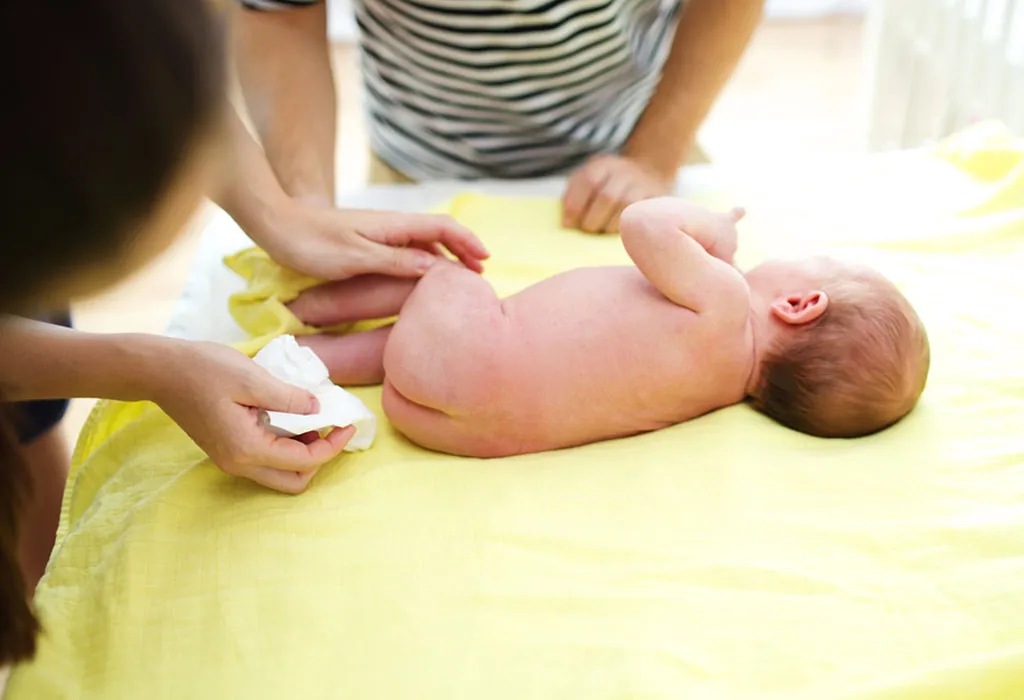
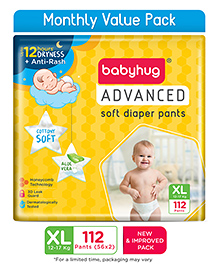
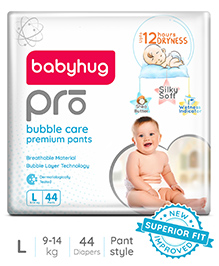
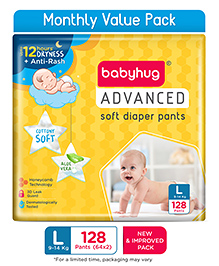

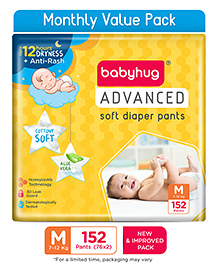
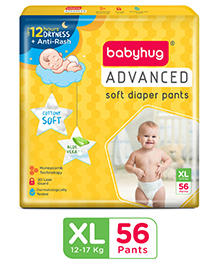
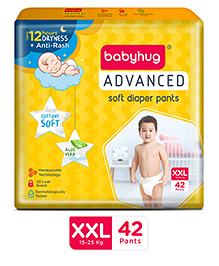
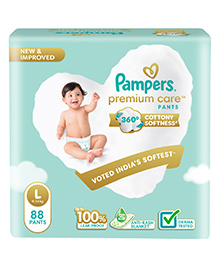
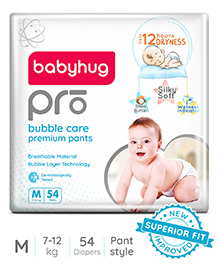


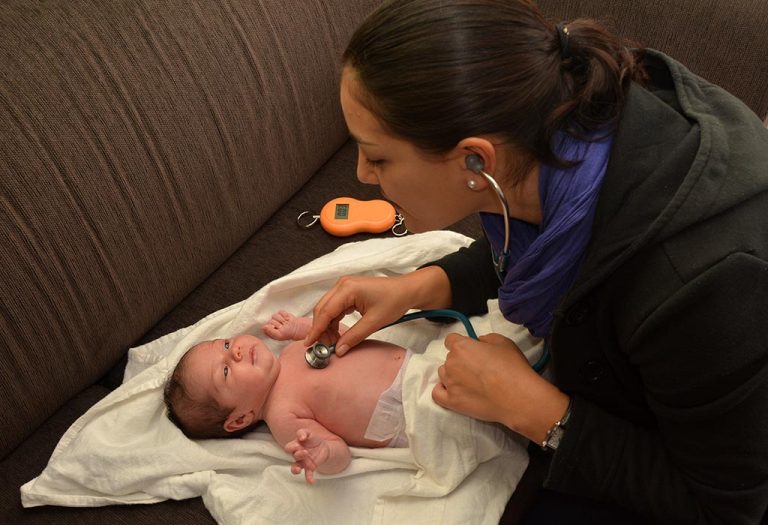

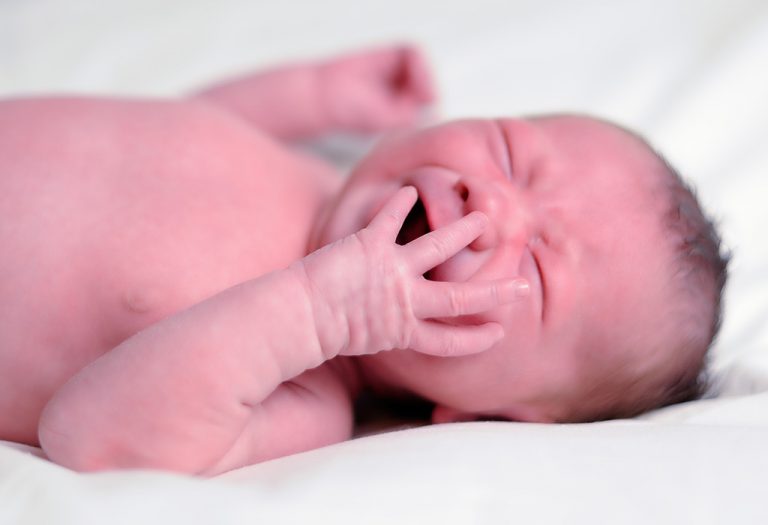
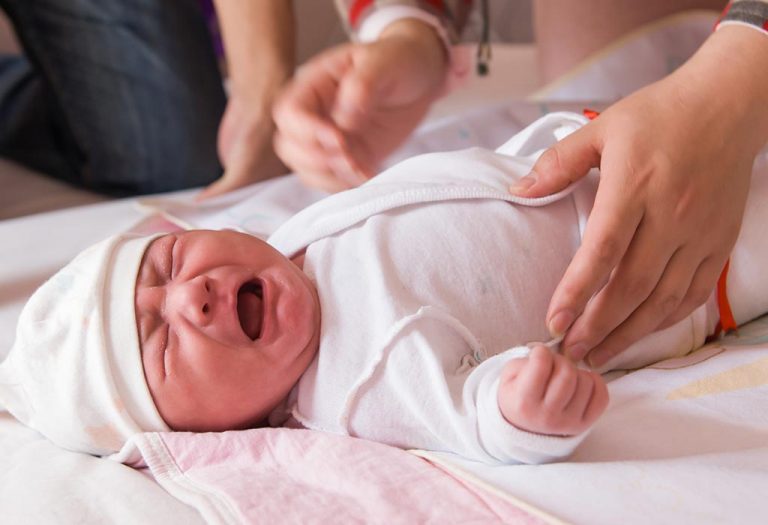

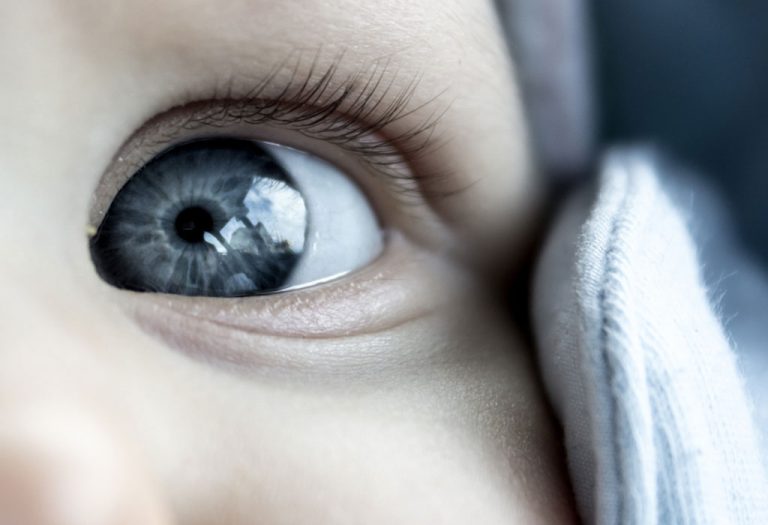

.svg)


















